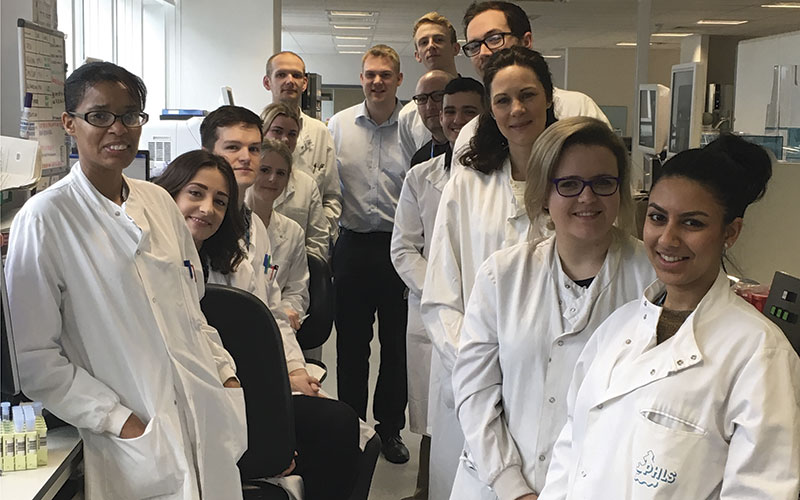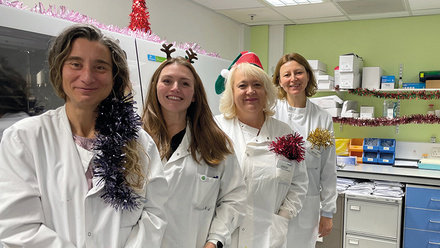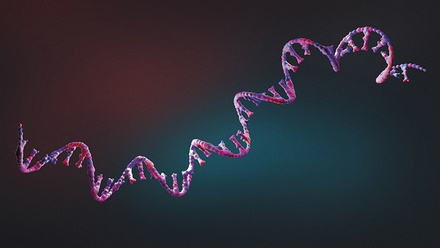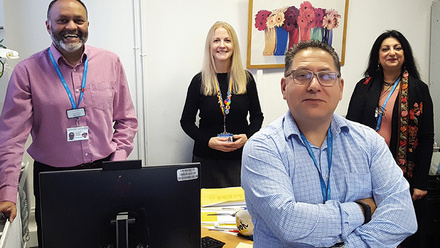My Lab: Clinical Biochemistry and Immunology

The clinical biochemistry and immunology laboratory at Peterborough City Hospital makes up part of the pathology services department of the recently formed North West Anglia NHS Foundation Trust. The trust was formed in April 2017 and is a result of the merger of hospital trusts at Peterborough, Hinchingbrooke and Stamford.
The new trust provides care to a population of 700,000 residents living in Cambridgeshire, South Lincolnshire and the neighbouring counties.
The last 18 months have been an exciting, but challenging time to work for the trust, as we have gone through the wider organisational change associated with these types of mergers. The senior leadership team in pathology underwent a restructure during autumn 2018 that has now fully integrated the pathology laboratories across the trust. The outcome of this has been fantastic examples of the teams at the different sites working together to share best practice, and a continued desire to meet our goal of doing the best we possibly can for all our patients and service users.
Pathology services at Peterborough were the first NHS pathology laboratories in the UK to have achieved pan-service ISO15189 accreditation as a single centre. Since that amazing achievement (and presentation at the House of Lords!) in 2015, we have now come to the end of our first accreditation cycle.
While I am writing this, we are in the midst of our latest inspection… hopefully we will be able to evidence to the assessors the continued quality improvements that I know we have made since our last inspection.
The clinical biochemistry and immunology laboratory is made up of a team of consultant chemical pathologists, consultant immunologist, biomedical scientists and assistant technical officers.
The biomedical scientists rotate between biochemistry and immunology, developing specialist skills in both disciplines. Biochemistry and immunology have an extensive test repertoire for a district general hospital and we see an increasing number of interesting and unusual cases as the local population continues to increase.
We are an IBMS-accredited training laboratory and have an excellent track record of staff completing Registration Portfolios, Specialist Portfolios and Higher Specialist Diplomas. We provide a 24/7 service to the trust and process the direct access pathology for our surrounding GP surgeries. This results in our biochemistry and immunology laboratory undertaking in excess of six million tests per year.
The laboratory has also recently started the process of going through a complete analyser refresh of the mainline biochemistry equipment, as the current equipment is end of life after being in use since we moved to the new hospital building in 2010. We are currently trying to minimise disruption to our users, particularly the acute services, while the old equipment is relocated and the new kit installed and verified ready for use. The refresh is expected to be completed around September, so we have a while to go, but everyone is excited about the potential opportunities and service improvements the new equipment will bring.





